Flinders University in the Northern Territory
Flinders University in the Northern Territory, is home to Flinders Rural and Remote Health NT, delivering high-quality multidisciplinary health education and research in the Northern Territory's regional areas.
Study in the Northern Territory
Flinders educates future Doctors, Paramedics and Remote Area Nurses right here in the NT.
We deliver the Northern Territory Medical Program (NTMP), Paramedicine NT and postgraduate Remote Health Practice courses, providing student placements and workforce capacity support throughout the Northern Territory.
Our Paramedicine NT degree is also your pathway to the Northern Territory Medical Program (NTMP). The practical experience gained on completion, offers a strong foundation for a successful transition into medicine, especially given Flinders' focus on integrating clinical experience.
We also have more courses available online in fields such as education, health, business, law and IT.
Student placements
Unique placement experiences for healthcare students to learn on the job in local communities and make a positive difference to the health of our population.
Placement sites vary from remote clinics and practices to large tertiary hospitals, from isolated desert and island communities to the multicultural centres from as far up as Nhulunbuy down to Alice Springs.
Research in the NT
Flinders research in the NT aims to maintain and progress an evidence base and the rural and remote health agenda.
We partner with research bodies and organisations to ensure the optimum skill set and focus for our projects. Partners include Flinders Health Medical Research Institute, Hot North, Indigenous Allied Health Australia, and Menzies School of Health Research.
NT Regional Training Hub
Supporting the medical workforce in the NT.
The Regional Training Hub supports medical doctors to further develop specialist and rural generalist training capacity through collaboration with local and national stakeholders, helping to address medical workforce needs in the Northern Territory.
We work with health services and training providers to identify and prioritise areas of need to build vocational training pathways.
Community engagement and partnerships
With five campuses and 100 staff we have established key partnerships and support local communities through various initiatives.
Our dedicated Outreach and Engagement staff visit schools, discuss study options and career pathways and further engage students through workshops and tailored activities.
Northern Territory campus locations
Flinders University has a large presence across the Northern Territory, including Darwin, Nhulunbuy, Katherine, Tennant Creek, and Alice Springs.

Course enquiries
Want more information about studying at Flinders University? Contact us to find out more – we’d love to help you decide if Flinders University is the right choice for you.
Acknowledgement
Flinders in the NT acknowledges that our sites across the Northern Territory are situated on Larrakia land (Darwin), Yolngu land (Nhulunbuy), Jawoyn land (Katherine), Warumungu land (Tennant Creek) and Arrernte land (Alice Springs). We are committed to working together with Indigenous people from across the NT to care for our shared future.
![]()
Sturt Rd, Bedford Park
South Australia 5042
South Australia | Northern Territory
Global | Online
CRICOS Provider: 00114A TEQSA Provider ID: PRV12097 TEQSA category: Australian University

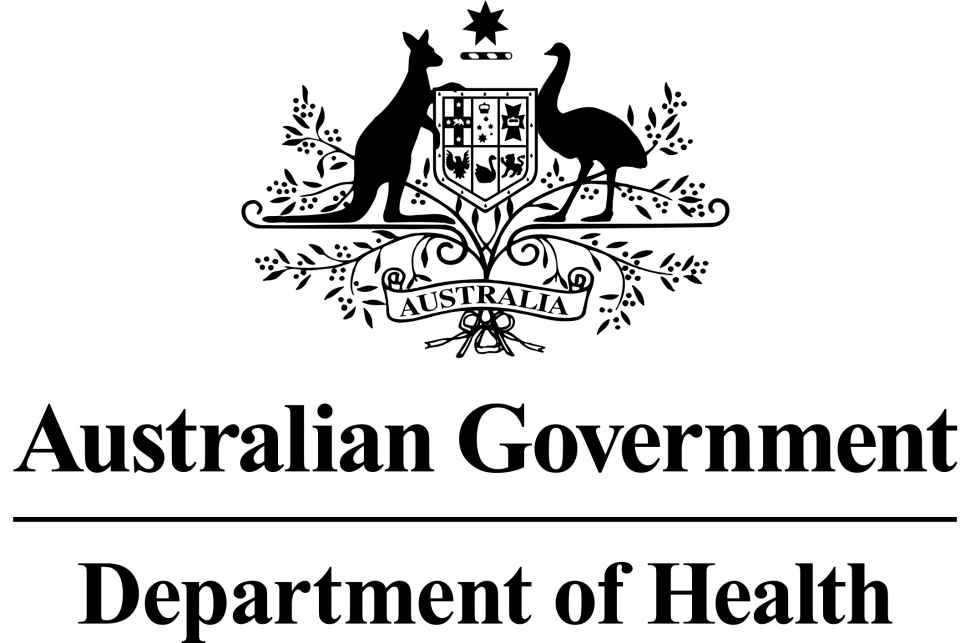
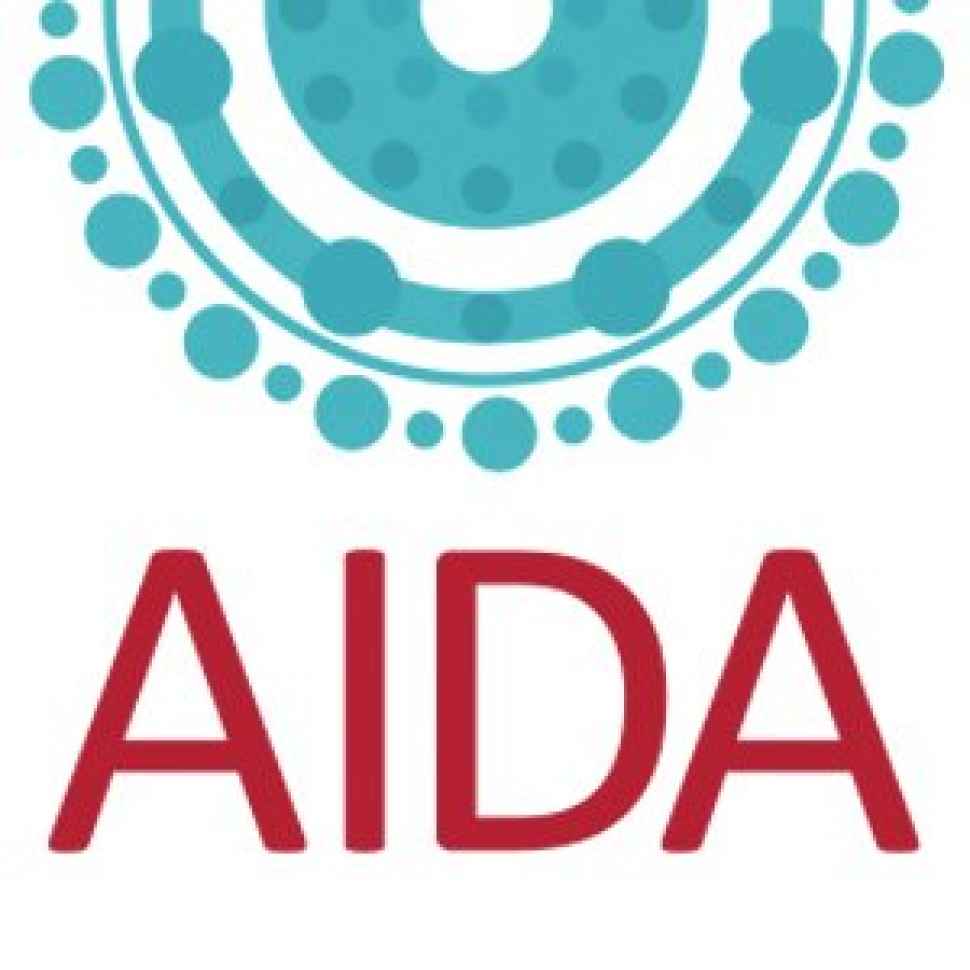
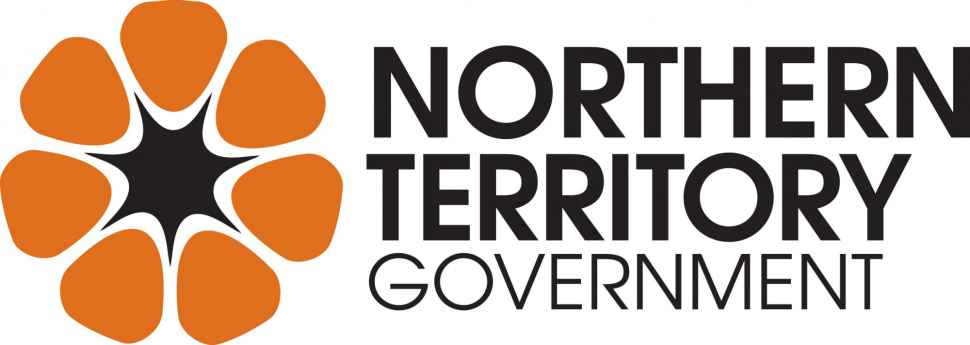


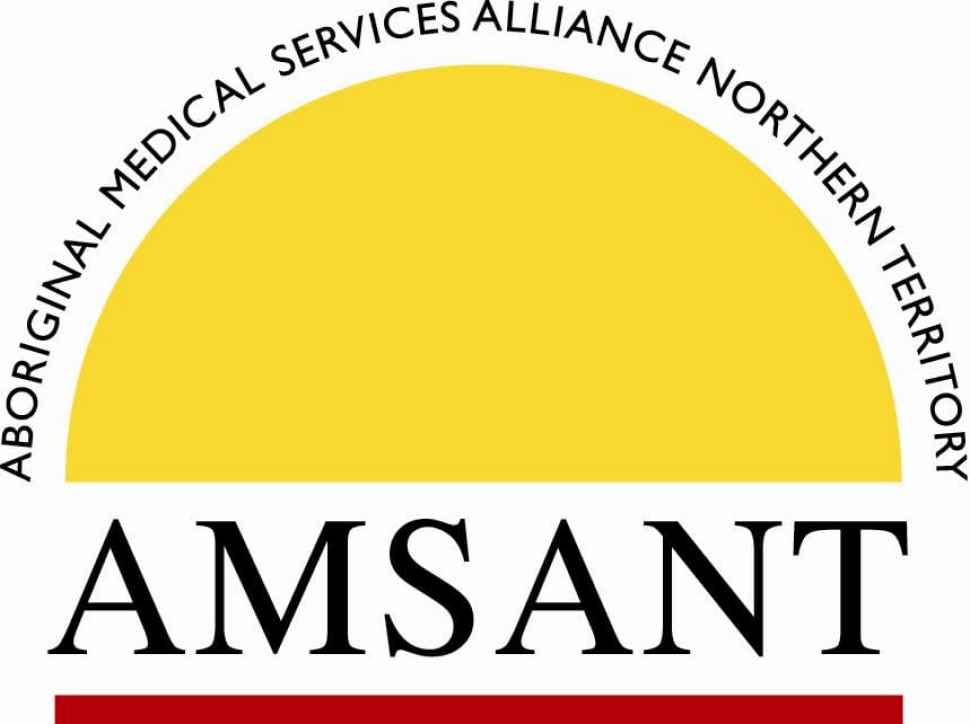
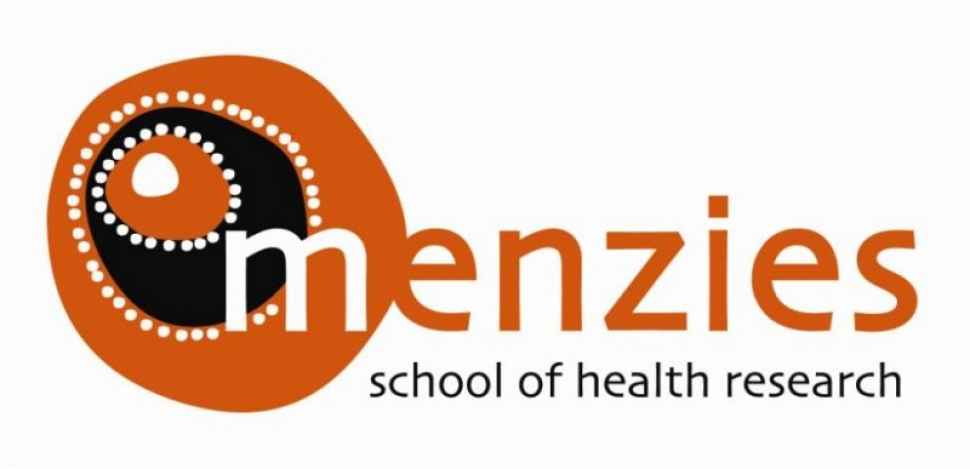
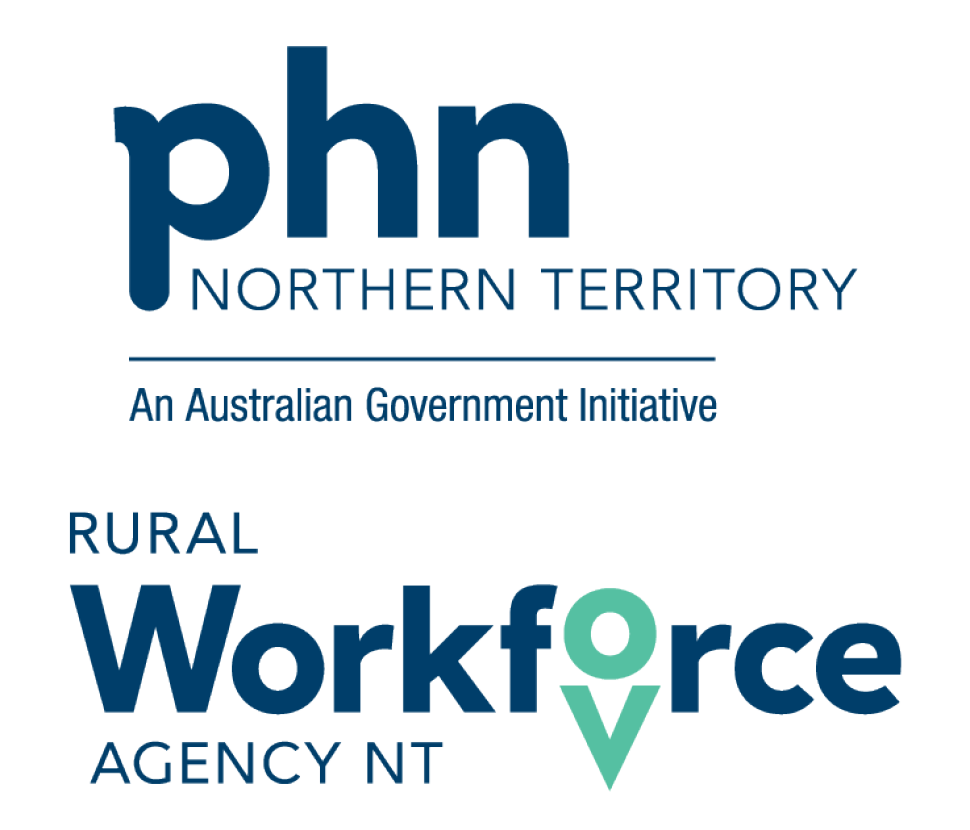
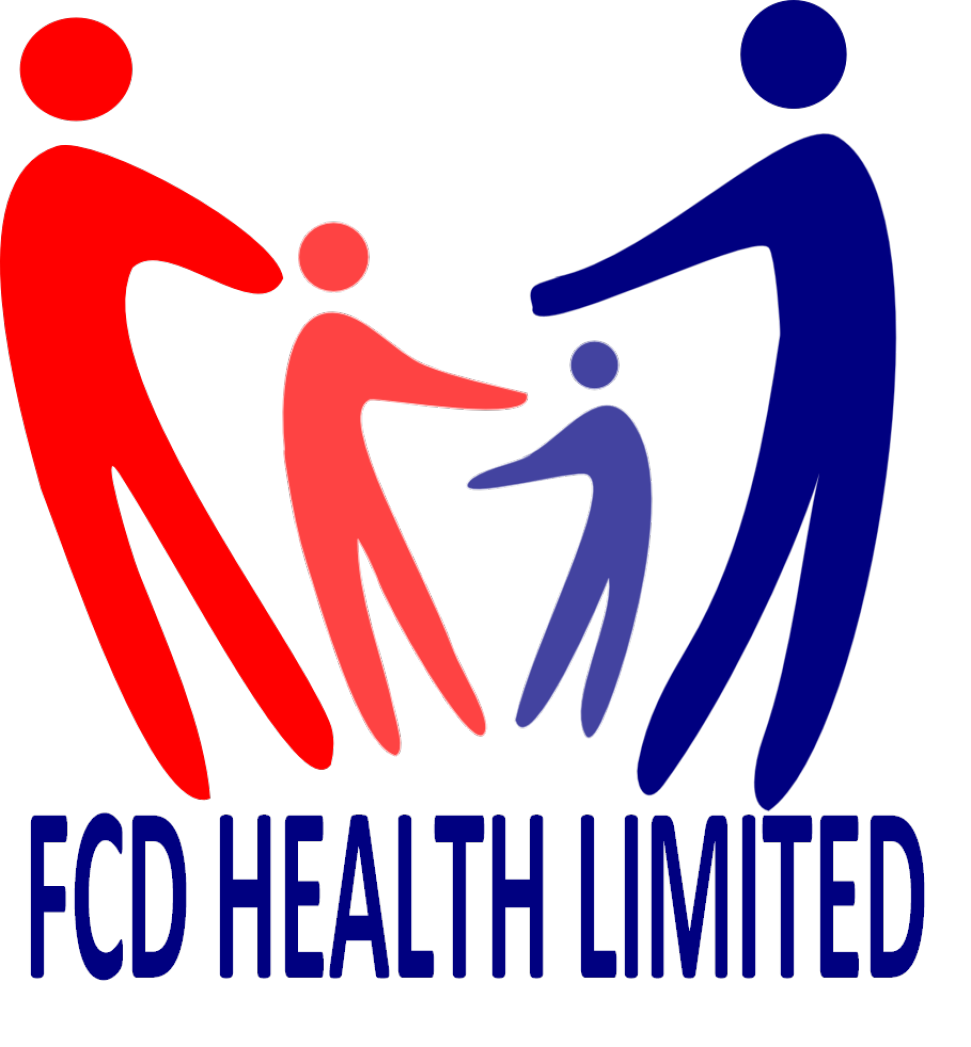
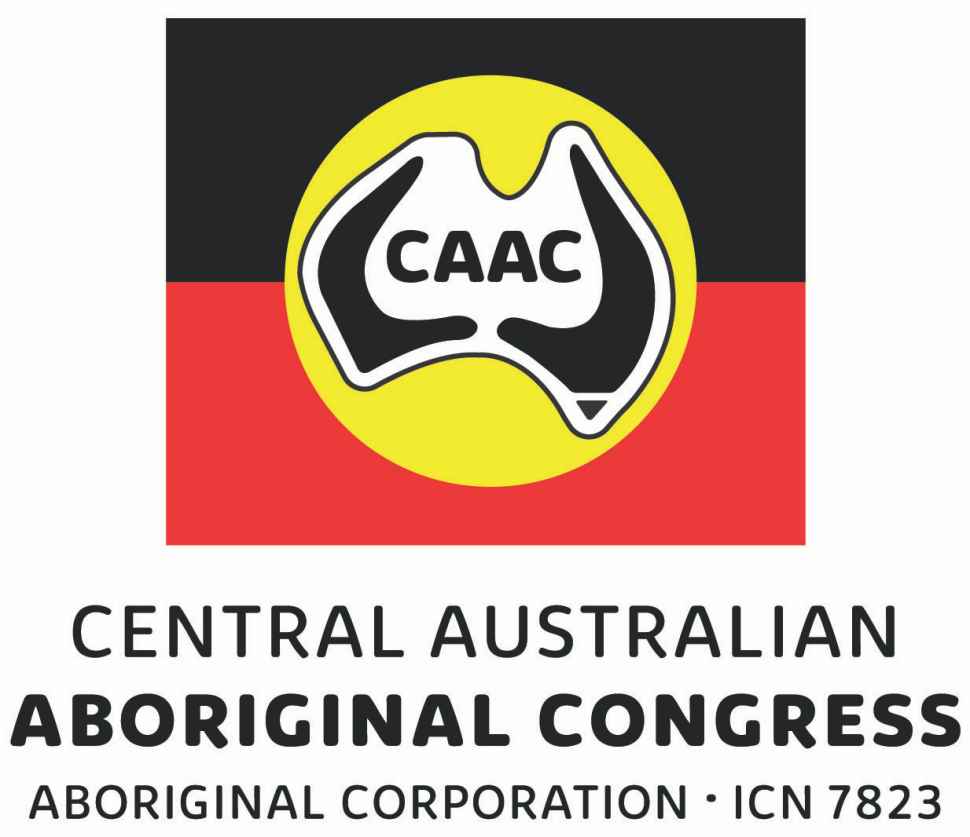
.jpg.flinders-image.970.low.jpg)








